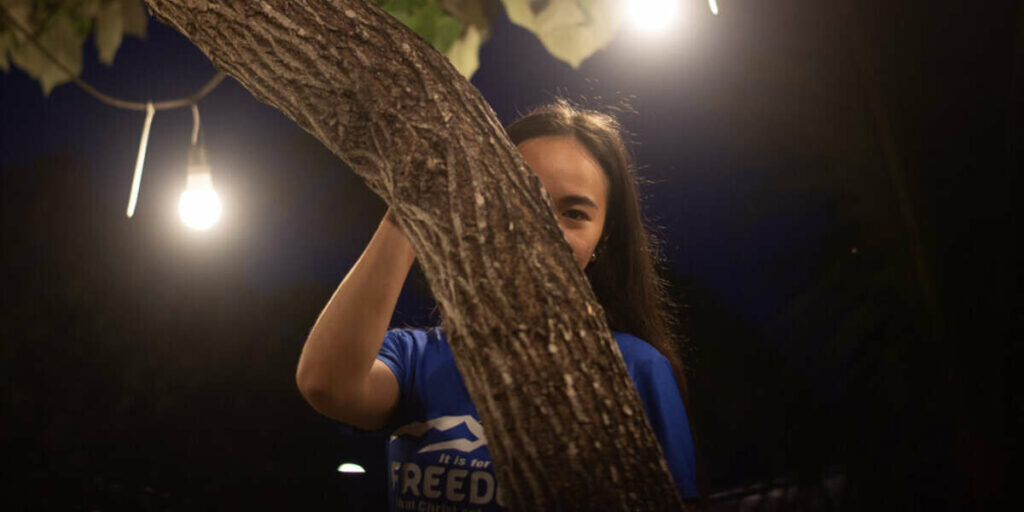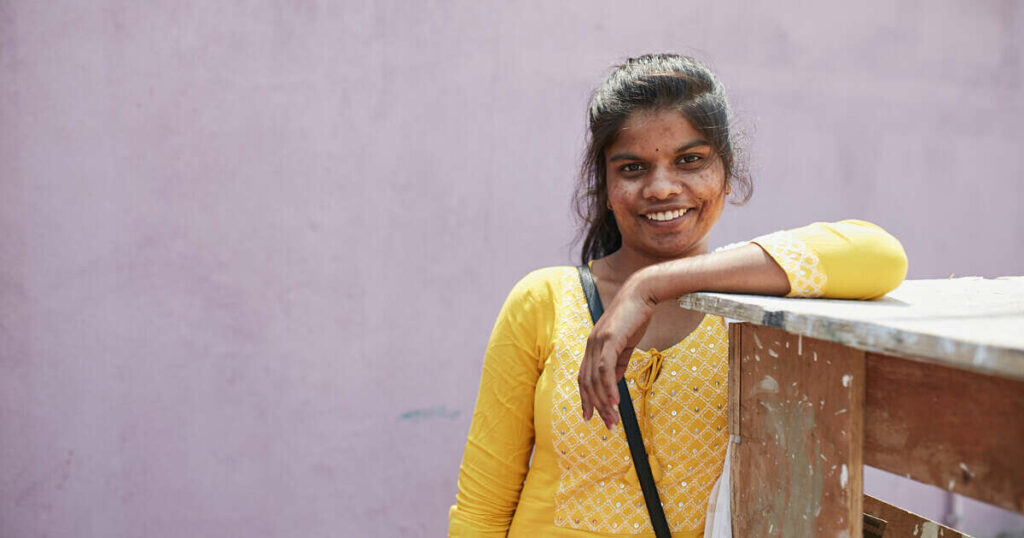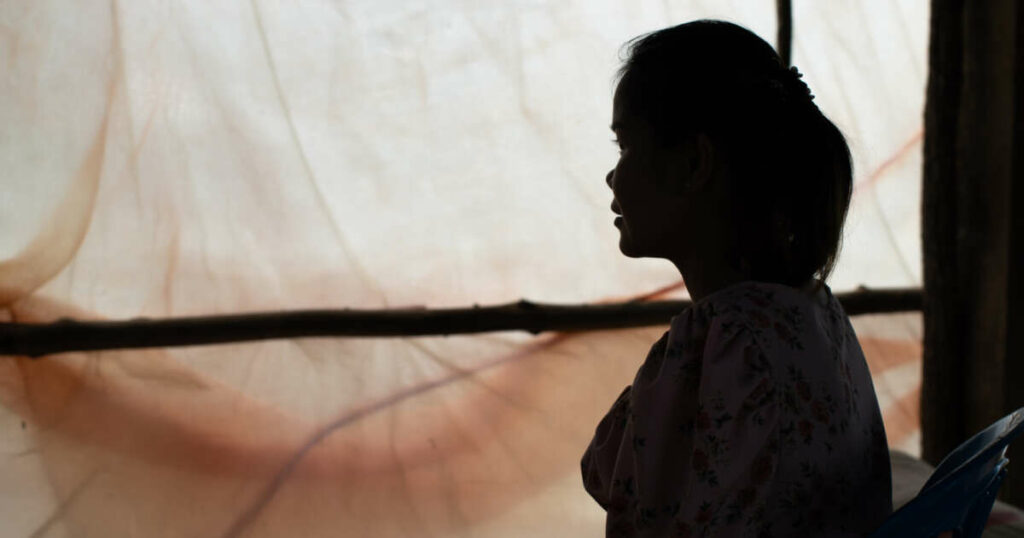June 2023
My name is Gavesh*. I’m 30 years old. I live with my father, younger brother, and sister in a small house in a large city in South Asia.
When the COVID-19 pandemic hit the world, I was one of those people who lost jobs. The economic situation in our country made it even worse. I did some jobs to survive, like food delivery, but my income wasn’t enough to support our needs.
I saw a job ad on social media to be a data entry operator in Thailand, and it looked so enticing. They promised me $1,000 USD a month. They would provide me with a place to stay and three meals a day. I thought I could support my family and bring them to Thailand one day.
I contacted the number on the ad and they evaluated my typing skills and English proficiency by video. I was proud to be hired.
I had mixed emotions about leaving my family behind. I felt excited and scared because no one in my family had ever left our country.
I thought the job in Thailand would be the answer to my dream – provide a better life for my father and siblings, but it turned out to be a nightmare.
Trapped in a scamming compound
When I arrived at the airport in Bangkok, someone took me to the arrival gate and asked me to wait for the driver.
The driver took me and another worker to Mae-Sot, a small city in Thailand that shares a border with Myanmar. It was dark then, so I was not fully aware of what was happening. A few men came at us, and they forced us to get into a boat. They took us to Myanmar against our will.
When we arrived at the compound in Myanmar, I was shocked, scared, and helpless. The compound was vast and full of buildings. Each building has four floors, each floor has 16 rooms, and each room has four bunk beds.
At the compound, our employers utterly controlled our life. They made us work up to 16 hours, seven days a week. We get fined if we feel sleepy while working, or don’t keep our legs parallel. The place was like a prison.
There were thousands of people inside the compounds. Nationalities at the compound include Indians, Filipinos, Pakistanis, Chinese, Indonesians, Russians, Ukrainians, Thais, Japanese, Africans from Uganda, and Kenya, and even local Myanmar people.
Forced to commit a crime
The work at the compound was brutal and harrowing. The main job was to steal money from people around the world through crypto-currency scams.
Our employers forced us to create fake profiles on social media. Following a script, I made foreigners from the USA, Japan, or Taiwan fall in love with me. After I gained their trust, I introduced a crypto-currency platform so they could earn a lot of money. But it was all lies.
To this day, I am ashamed to share with family or friends about the work I was forced to do. I felt disgusted by scamming people but was left with no choice and was scared for my life.
However, there was no way of escaping that place. The compounds had walls 10ft high with wires on top. The place was highly guarded by armed men. Any attempt to escape the compound is a death wish.
Failure to scam people would mean physical harm or even death. I was beaten once by the team leader for failing to hit the quota. One of our Indian colleagues was sent to ‘water jail’ for punishment. The Indian colleague returned to the office beaten up and could hardly talk or walk.
They took our mobile phones, passports and all personal files, including bank cards. Even if we work so hard, they never pay the amount they promised.
All of the victims never expected to be forced to scam people in Myanmar, but we could not do anything. They treated us like enslaved people. They had the power to control everything.
Whenever the boss felt like we’re inefficient and failed to follow the rules, they sold us to a different boss. I was sold three times.
Satellite images of compounds in Me Htaw Tha Lay, Myanmar, credit: Maxar Technologies.
Escaping the compound
I desperately wanted to go home, but my captors told me I needed to pay $2,000 USD to leave – money that I did not have and could not make. Together with other survivors, we tried to negotiate with the boss again. I paid 35,000 baht ($1,000 USD), and eventually, they released me.
It was the most beautiful thing that happened to me. I came to Bangkok through a jungle route since the boss didn’t give me my passport. Crossing Myanmar to Bangkok was terrifying but I’m glad I escaped.
In Bangkok, I was grateful that IJM took care of me. They provided me with a decent place to stay, food to eat, and transportation. The Thai government officials, IJM staff, and staff from the International Organization for Migration (IOM) helped me repatriate back to my country safely.
Two months after leaving the compound, I’m finally reunited with my family. I felt relieved to survive that ordeal. I did not think I would ever come out alive – I’ll be forever grateful for this chance and to the people who helped me.
Moving forward, I want a fresh start. I’m now searching for a decent job to support my family.
I still see fake job ads on social media. I still think of the workers who are still trapped in the compounds. I hope governments across many countries and other agencies will build more awareness of this issue to protect people from trafficking and forced labour. This needs to stop!
*A pseudonym




